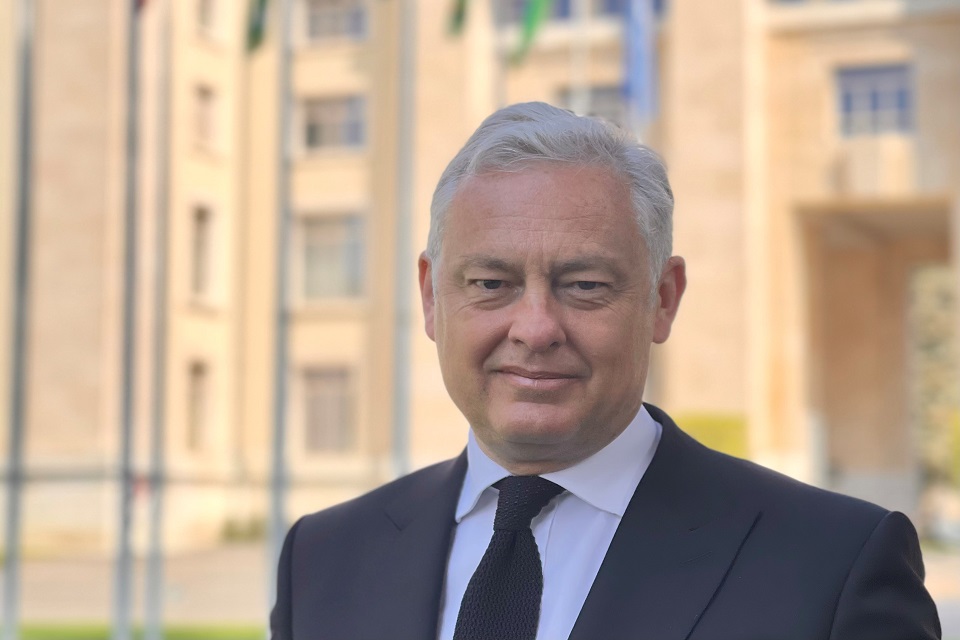UN Human Rights Council 51: General Comment on human rights in Xinjiang
Ambassador Simon Manley delivered a general comment ahead of the draft decision to hold a debate on the situation of human rights in the Xinjiang Uyghur Autonomous Region, China.

Mr President,
The United Kingdom has consistently raised the grave human rights situation in Xinjiang. We are not alone in our concerns. Indeed, since our first joint statement on this issue at the UN General Assembly back in 2019, the growing number of countries from around the world have spoken up – including here at the Human Rights Council.
We have heard concerns from elsewhere too. Special Procedure mandate holders, Treaty Bodies and Non-Governmental organisations have all repeatedly expressed alarm following numerous reports of gross violations and systemic discrimination over several years.
There has been no shortage of reports on Xinjiang. But the recently published assessment by the Office of the High Commissioner for Human Rights is the most significant to date. We now have a thorough, objective and independent assessment from the principle UN human rights body which confirms our worst fears.
If I may quote the exact words of the assessment - “the extent of arbitrary and discriminatory detention of members of the Uyghur and other predominantly Muslim groups may constitute international crimes, in particular crimes against humanity”.
These crimes include – torture, sexual and gender-based violence, forced sterilisations, severe restrictions on freedom of religion and belief and forced disappearances on a massive scale.
And what is all the more significant is that so many of those findings are based on official public information from the Chinese authorities – corroborated by other sources.
Our ask today is a simple one – a debate at the next session of this Council. Given the harrowing details and serious findings by the Office of the High Commissioner - this really is the minimum that an assessment of this nature should lead to.
So, Mr President, I urge us to remember why we are here. We are members of the Human Rights Council. We are here to raise situations of systemic discrimination. We are here to discuss the most serious human rights violations and abuses, wherever and by whomever they are committed. There can be no doubt that the gravity and scale of what has been reported in Xinjiang warrants such a debate.
I therefore appeal to our fellow members of this Council to do what is right. Not to turn a blind eye. But to support the decision simply to have a debate. No more, no less.
Thank you, Mr President.